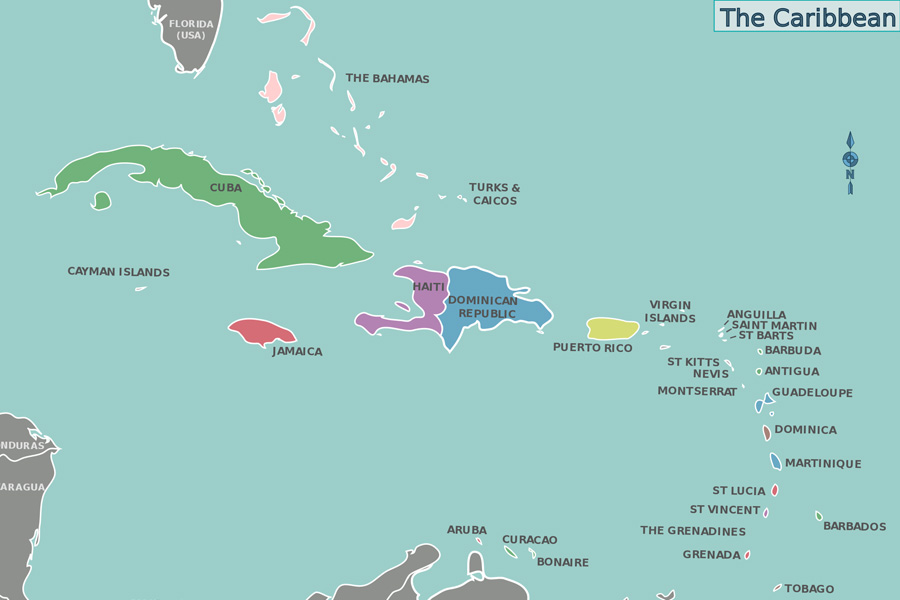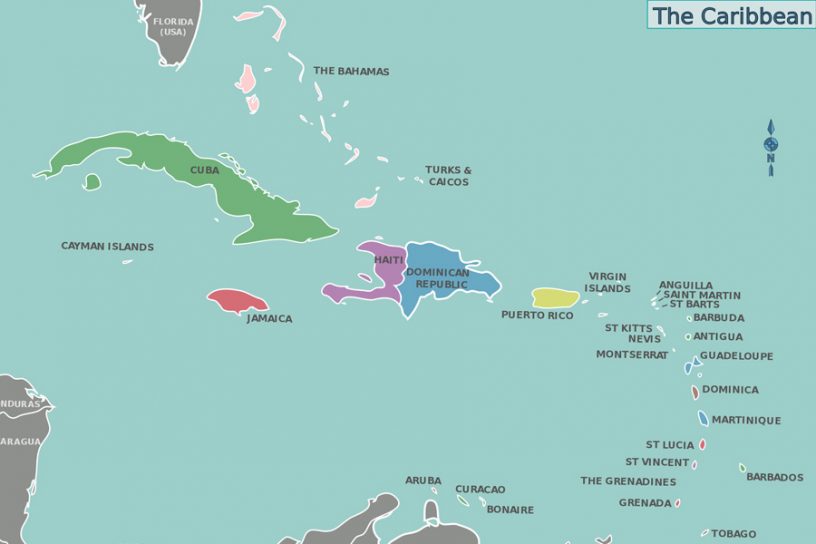
This paper argues that acting through the more ideational context of the Cold War era, policymakers within the Caribbean region implemented strategies and policies premised on shared ideals of Third World solidarity to further relations with China.
Author
Kim Emmanuel, Assistant Professor, Jindal School of International Affairs, O.P. Jindal Global University, Sonipat, Haryana, India.
Summary
Conventional wisdom suggests that small states’ foreign policies are constrained in several ways. These may be confined to size, material resources, geopolitical positioning and limited participation in inter-state affairs. Yet, despite their diminutiveness, small Caribbean states appeared to have acted with surprising dynamism in seeking to promote and uphold relations with China in an unlikely period, the bipolar era.
Drawing from official records of their interactions and other documentary sources, these states showed themselves to be quite willing to transcend their various limitations and become rather active participants on issues aligning with their interests in the international sphere.
This paper examines how policy-making between the Caribbean region and China unfolded and why it evolved the way it did. It argues that acting through the more ideational context of the Cold War era, policymakers within the Caribbean region implemented strategies and policies premised on shared ideals of Third World solidarity to further relations with China. In embarking on this analysis, two main contributions are envisaged.
First, the paper addresses the knowledge gap on small Caribbean states’ foreign policy decision-making vis-à-vis China in the Cold War era. Second, interrogating the dynamic provides a unique opportunity to challenge the received wisdom on small states’ foreign policy behavior in line with an emphasis on small states agency amidst internal and international constraints.
Published in: Issues and Studies
To read the full article, please click here.


